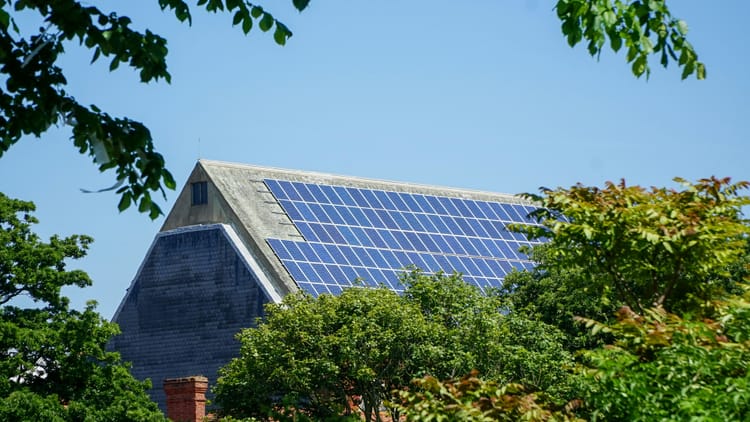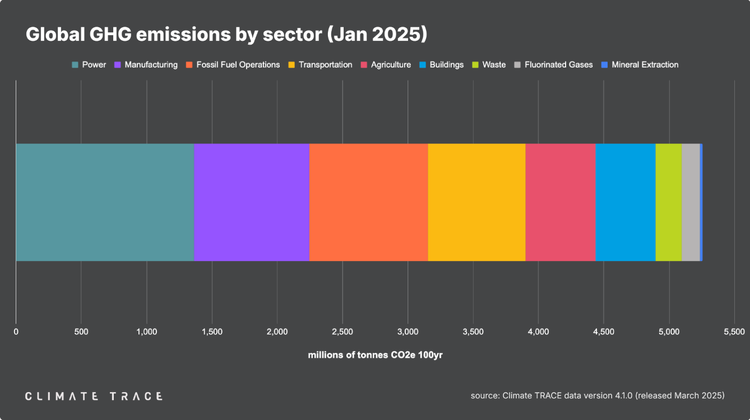UNEP calls for ‘dramatic uptick’ in sustainability action in annual report

The UN Environmental Programme (UNEP) is calling for more determination and collaboration from governments and the private sector in order to implement the measures needed to overcome growing sustainability challenges.
In its annual report, UNEP highlights its own efforts last year to provide solutions to growing environmental challenges, including the UN Biodiversity Conference (COP16) in Colombia, the UN Climate Change Conference (COP29) in Azerbaijan, and the fifth meeting to create a legally binding Global Plastics Treaty in South Korea.
While hailing the progress made at these meetings, UNEP warns that “key issues remain unresolved” – and will require much closer collaboration and ambition from the world’s governments.
UNEP’s Executive Director Inger Andersen said: “The reality is that environmental multilateralism is sometimes messy and sometimes arduous. But even in complex geopolitical times, collaboration across borders and across our differences is the only option to protect the foundation of humanity’s existence – Planet Earth.”
Next NDCs should deliver ‘huge cuts to greenhouse gas emissions’
She added that the next round of nationally determined contributions (NDCs) – national emissions reduction commitments under the Paris Agreement – which are due by the end of this month, are a chance for nations to “deliver huge cuts to greenhouse gas emissions”.
UNEP’s 2024 Emissions Gap Report warned that the world needs to cut emissions by at least 42% by 2030 to get back to a 1.5ºC pathway.
So far, only the UK’s 2035 NDC (cutting greenhouse gas emissions by 81% from 1990) is aligned with a 1.5ºC future. Other countries, including the US, Brazil and Switzerland, have also announced new targets, but these are considered insufficient to meet the goals of the Paris Agreement.
A majority of countries are expected to miss the February 2025 deadline to announce new NDCs, but some climate experts believe “it’s far better to have strong commitments later this year than rushed, weak ones now” – as long as the new targets are set by the time COP30 is held in Brazil this November.
More action needed on biodiversity, climate adaptation and plastic pollution
Andersen added that it’s time for countries to start delivering the necessary finance for climate adaptation, desertification and biodiversity action. “And they must work towards agreeing on a strong instrument to end plastic pollution before UNEA-7 in December,” she noted.
Last year’s Global Plastics Treaty talks ended in deadlocks after conversations were dominated by fossil fuel lobbyists – with the sector looking to make up for slowing demand for energy by ramping up petrochemical production.







Member discussion